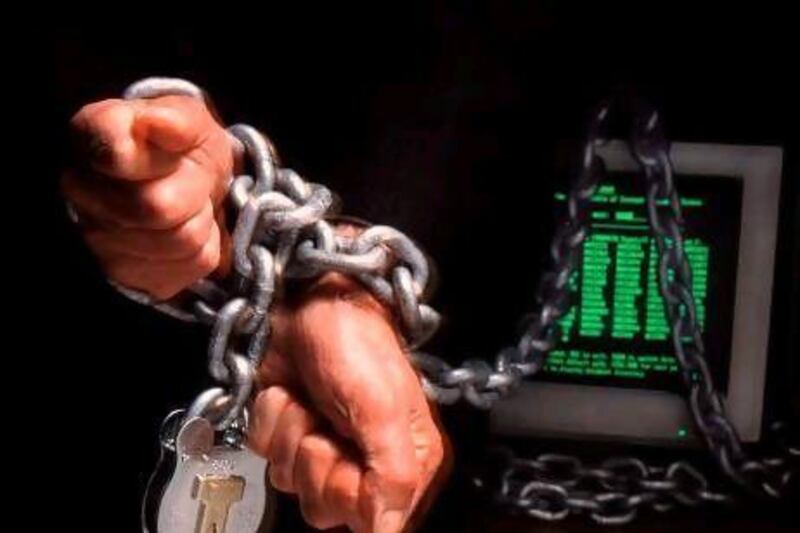There are many ways to tell the story of information technology's relentless push into our daily lives. One way is through numbers. This month, Twitter announced that more than 400 million tweets are sent every day, which makes six billion tweets - one for every human being on Earth - every 15 days. Meanwhile, more than 4.7 billion Google searches are made every day. And there have been 25 billion downloads from the Apple online app store.
That data is the product of a revolution that, in little more than a decade, has transformed the way we live. Now, a burgeoning lifestyle movement is seeking to realign our relationship with that revolution. Proponents of the digital detox want all of us to take regular time away from our devices and say benefits include better mental and physical health, improved quality of life and enhanced focus and creativity.
The idea that we're in the grip of an unhealthy addiction to our devices is backed by some serious science. A study of 205 volunteers by the University of Chicago found that tweeting and checking emails is more addictive than cigarettes or alcohol. Meanwhile, the high-profile brain specialist Susan Greenfield has pointed to evidence that children who spend hours online experience changes to brain structure that can damage their ability to focus and socialise.
Steadily, and in a variety of ways, the digital detox movement has been creeping into the mainstream over the past year. The fashionable travel company Black Tomato (www.blacktomato.com) is one among a handful offering detox getaways for busy young professionals. On their two-week digital detox in St Vincent and the Grenadines, phones and computers are banned and a lifestyle coach provides advice on how to build a healthier relationship with technology once you're back home. Meanwhile, the television journalist Daniel Sieberg made waves with his book The Digital Diet: The Four-Step Plan to Break Your Tech Addiction, which advised readers to recalibrate their relationship with digital technology by first spending two days away from all devices.
The movement has reached its tipping point recently for two reasons. At an address to Boston University graduates in May, Google's executive chairman Eric Schmidt made headlines when he told graduates to turn off their devices for an hour each day: "Take your eyes off the screen and have a conversation. A real conversation." A month later, Apple unveiled a new iPhone feature at its annual Worldwide Developer Conference: the new "do not disturb" function in iOS 6 allows the iPhone to receive calls and texts while remaining dark and issuing no alert. Here, then, is acknowledgement of the digital detox agenda from the world's two most important tech companies.
Expect further digital detox initiatives in the months ahead as more brands attempt to capitalise on the growing feeling that we must strike a new deal with our phones and laptops. That feeling, surely, is just one symptom of a more fundamental predicament: one that says much about our times.
At the beginning of the 21st century, we find ourselves at once awed by the technology we have created, yet anxious that this technology embodies forces that we cannot fully control or understand. The truth that lies behind the digital detox movement - that provides it with a reason for existing at all - is that ubiquitous, always-on digital connectivity is here, and there's no going back.





